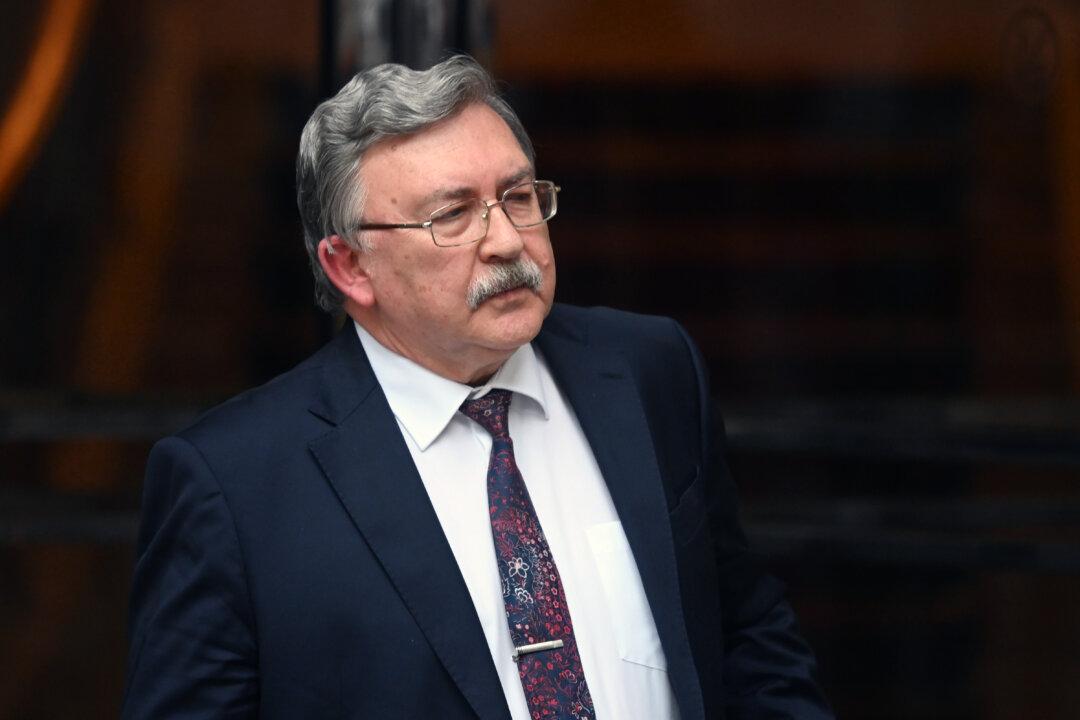Moscow struck a defiant tone in reaction to the European Union’s new partial ban on Russian oil imports, with a senior Kremlin official saying his country would simply pivot to other importers.
E.U. leaders agreed at a May 30 summit in Brussels to embargo the majority of Russian oil imports into the bloc by the end of 2022 as part of the sixth package of sanctions against Russia over its invasion of Ukraine.





